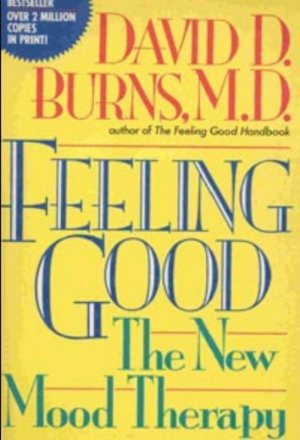A few books have made a deep impression, but I can't think of any that made an impact on my life. Although I'm not sure what "making an impact" means in the context of this thread. Consequently, I pondered this for a long time before I even started reading the responses, and even before I got to MACKTEXAS's comment, The Grapes of Wrath Came to Mind. Life changing? No, but as a literary work, it blew my mind. I've read others that were even more mind blowing, but back in 1964, Grapes was the first book I read that had that effect.
OK, now when I think in terms of an impact on my life, there was a book. But I'll bet no one here has ever heard of it. In the summer of 69, I was suffering with a lot of anxiety, at times feeling like I was going crazy. I was getting gas at a gas station, and at the cash register there was one of those wire rotating book displays. It had one of those self help books that were popular back then. This one was called Psycho Cybernetics, and was filled with directions on how to examine your mind. I bought it, tried it, and studied it. It was life changing, probably because at that time of my life, it was exactly what I needed.
It fixed my brain, so to speak. I quit my job, went back to college, started a new life, and I've never regretted it.


